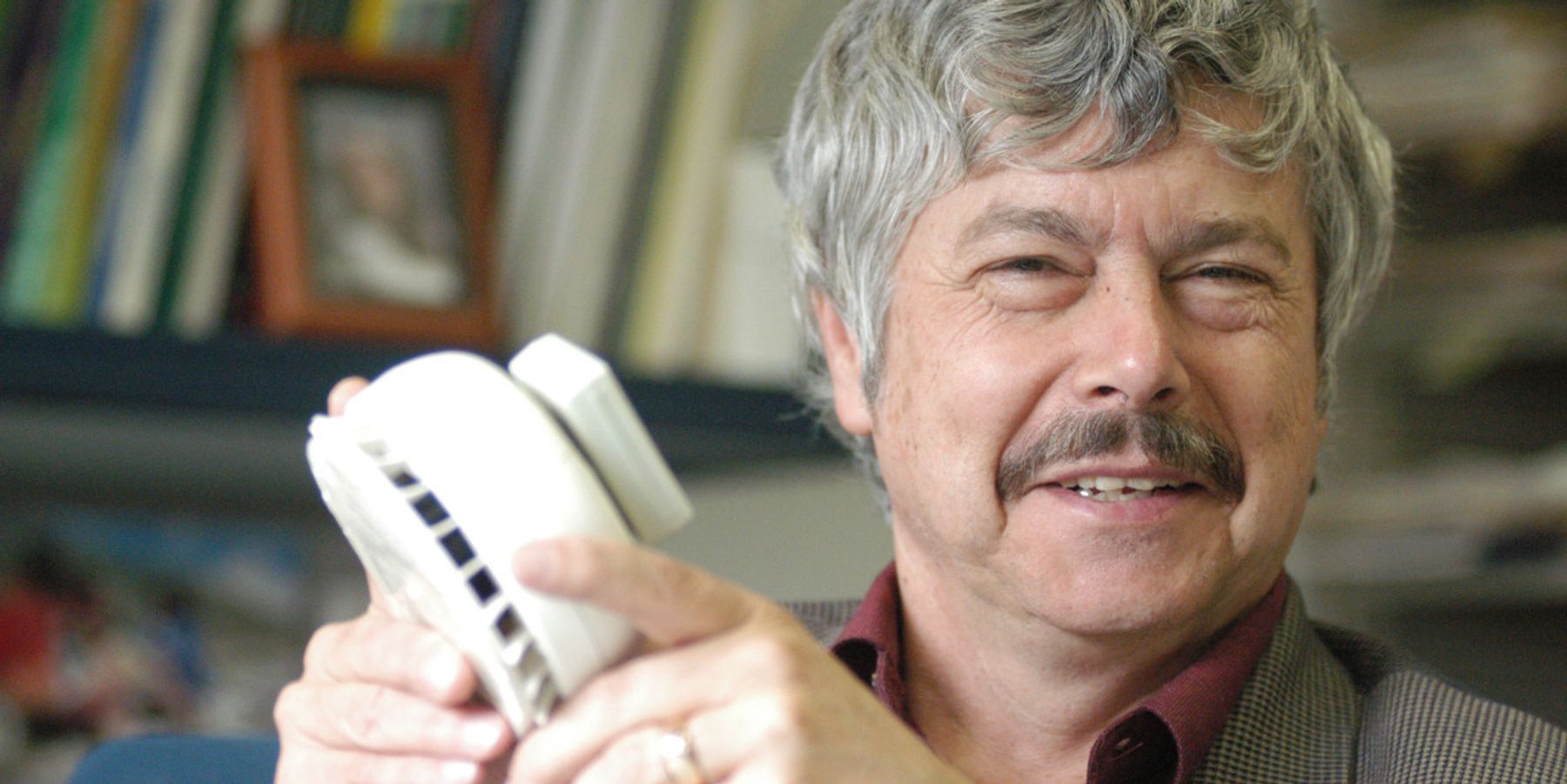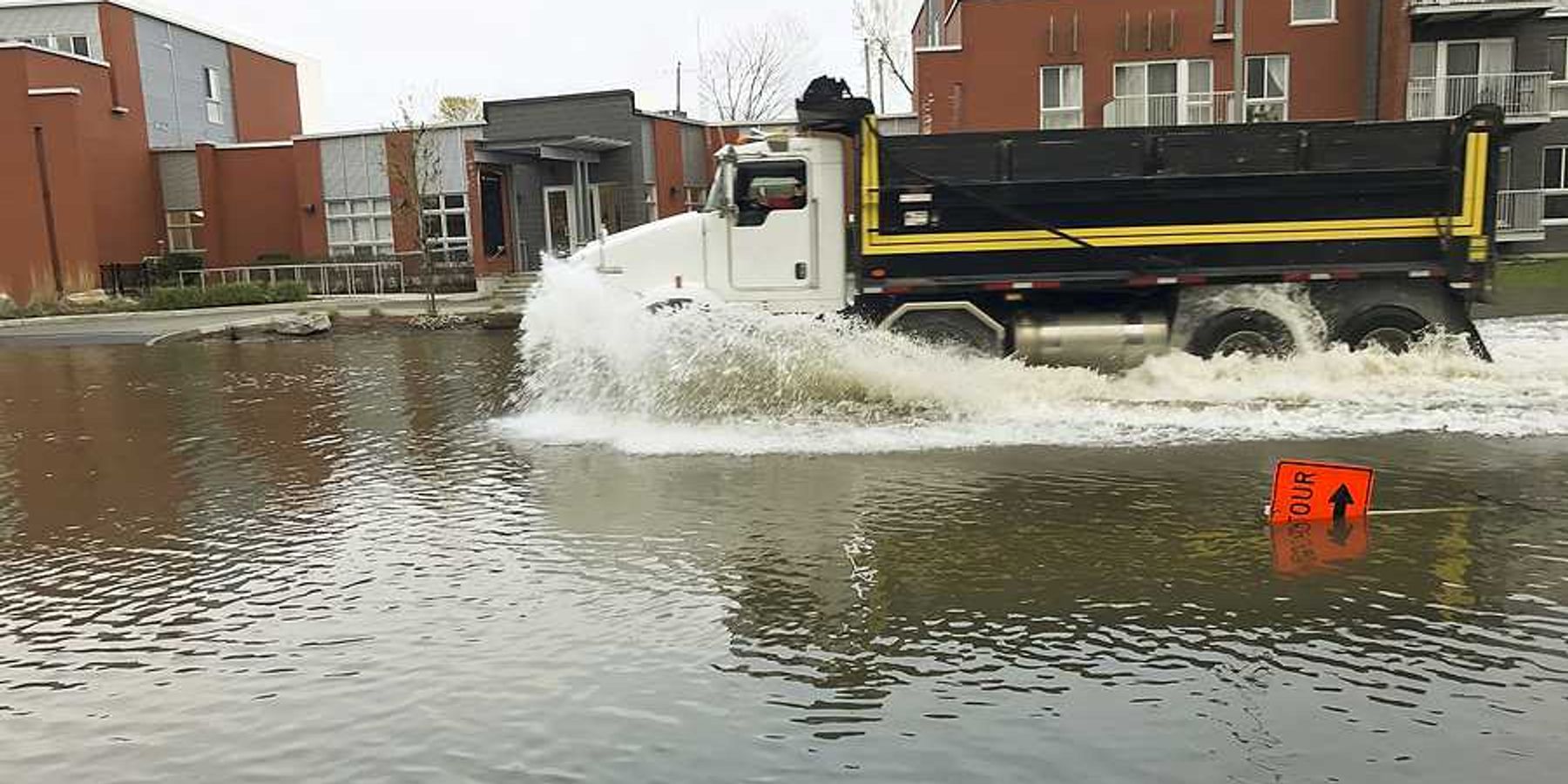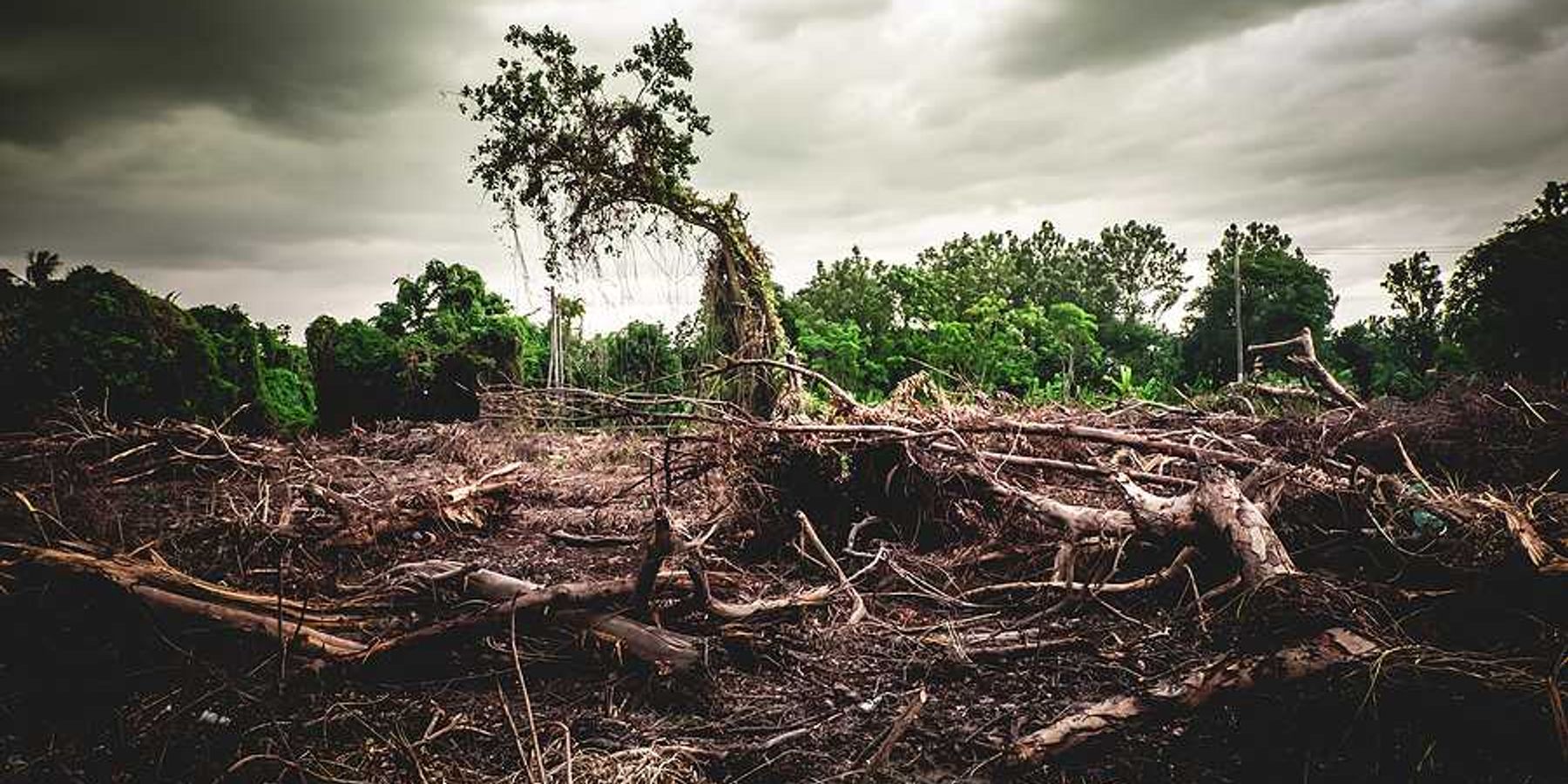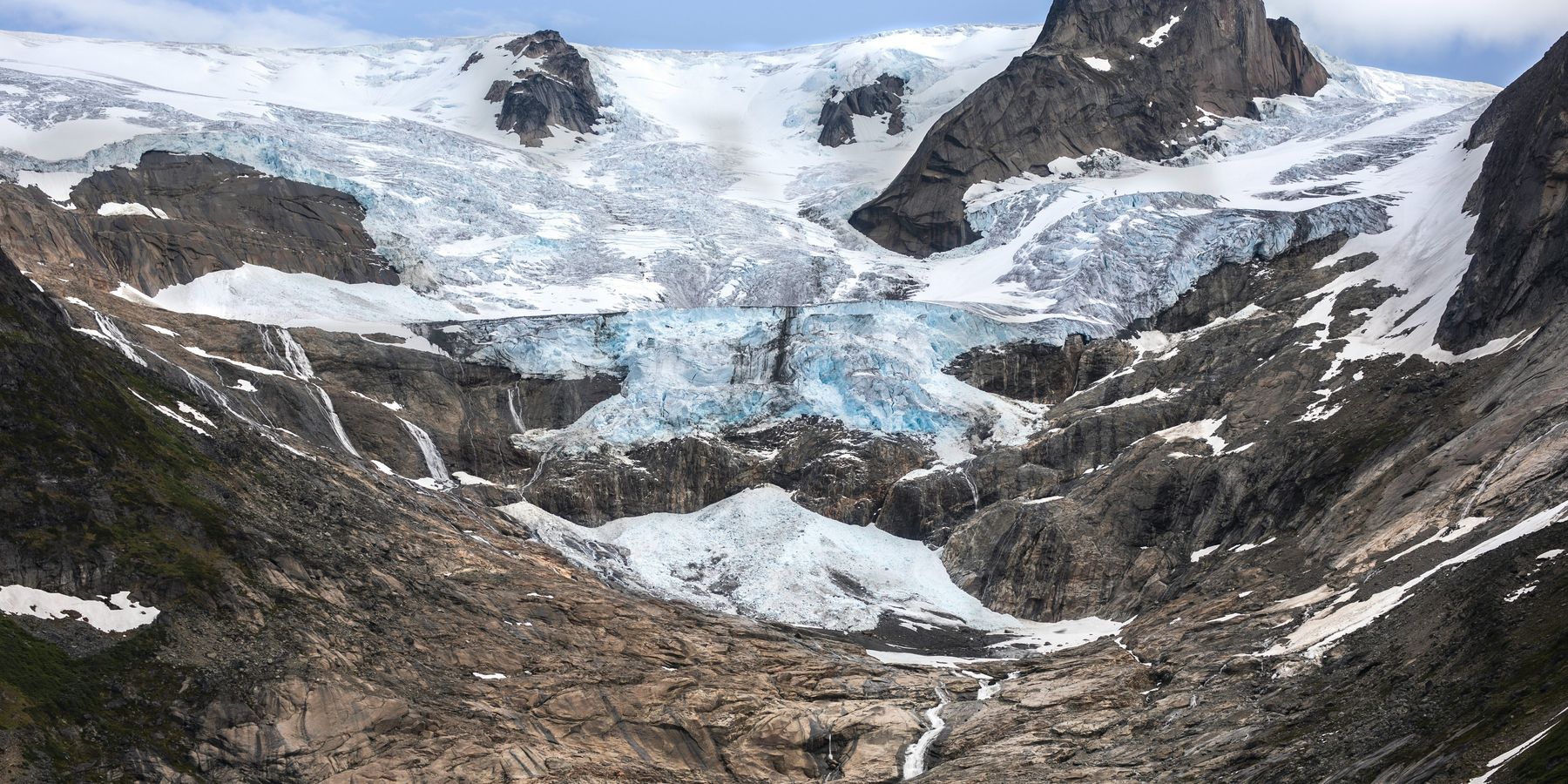
Remembering Kirk Smith
Looking back at the life and achievements of the pioneering air pollution scientist.
John Holdren, President Obama's science advisor and the Teresa and John Heinz Professor of Environmental Policy at Harvard University, was Smith's Ph.D advisor when the two were at the University of California, Berkeley. Holdren wrote this reminiscence as a letter to friends. We are republishing it here with Holdren's permission.
Kirk Smith, who was only three years younger than I am, became my first Ph.D. student shortly after I arrived at UC Berkeley in the summer of 1973, as a newly minted assistant professor, to launch the campus-wide graduate program in energy and resources (soon the Energy and Resources Group, ERG).
Kirk and I quickly became close friends, together with our life partners Cheri Holdren and Joan Diamond.
Some of the fondest early memories of our offspring, Craig and Jill Holdren and Nadia Diamond-Smith, were formed in joint activities of the two families. We explored the Berkeley hills together; walked the beaches of Point Reyes and Kailua together; backpacked together; snorkeled and scuba-dived together; and, of course, Kirk and I worked together on energy and environment projects big and small.
Kirk had three co-equal advisors for his doctoral dissertation. The other two were West Churchman of the Business School and Bob Spear of the School of Public Health. But even three of us were not enough to be wholly on top of the amazing breadth and depth of Kirk's scholarship.
The title of his dissertation was "The Interactions of Time and Technology: Propositions Suggested by an Examination of Coal and Nuclear Power, Hazard Indices, the Temporal Judgments of Law and Economics, and the Place of Time in Mind and Myth."
I kid you not.
When Kirk finished his Ph.D. in 1977, I connected him with one of my own most significant mentors, the geochemist and international scientific statesman Harrison Brown.
Harrison promptly hired Kirk to create the energy program at the Resource Systems Institute that Harrison had just founded at the East-West Center in Honolulu. Not long thereafter Kirk started his pioneering work on indoor air pollution from primitive stoves in poorly ventilated huts in the Third World, entailing months-long forays in the countrysides of South Asia, East Asia, and Latin America to make pollution measurements and, later, to track the health impacts that his pollution measurements indicated would be there. (They were.)
Kirk's work was the first to establish that the impacts of indoor air pollution on health worldwide were at least comparable to, and plausibly larger than, the impacts of outdoor air pollution.
Kirk was, in essence, the founding father of the now flourishing field of indoor air pollution studies, but that was hardly all he did. He made important contributions to understanding the causes, consequences, and equity implications of global climate change; the potential and limitations of biofuels; comparative environmental assessment of energy and non-energy hazards; and more.
His achievements were recognized by his appointment as Professor of Global Environmental Health and Chair of Environmental Health Sciences in the School of Public Health at UC Berkeley; Director of the Collaborative Clean Air Policy Center in Delhi; appointment to honorary professorships at universities in China, India, and Mongolia; election to the U.S. National Academy of Sciences and the International Academy of Indoor Air Sciences; award of both the Heinz Prize for Environment and the Tyler Prize for Environmental Achievement; and a share of the Nobel Peace Prize awarded in 2007 to the Intergovernmental Panel on Climate Change.
But all of that doesn't fully capture the person Kirk was.
The best compact picture I can offer is a line from the note that Cheri wrote to Joan shortly after Kirk passed away: "He was so very special, humane, funny, warm, brilliant…and leaves an enormous hole in our hearts and lives."
All who knew Kirk are poorer for his passing. As is the world.
John Holdren is the Teresa and John Heinz Professor of Environmental Policy at the Harvard Kennedy School of Government and was President Obama's Science Advisor and Director of the White House Office of Science and Technology Policy.
Banner photo: Kirk Smith. (Credit: http://www.kirkrsmith.org/)













